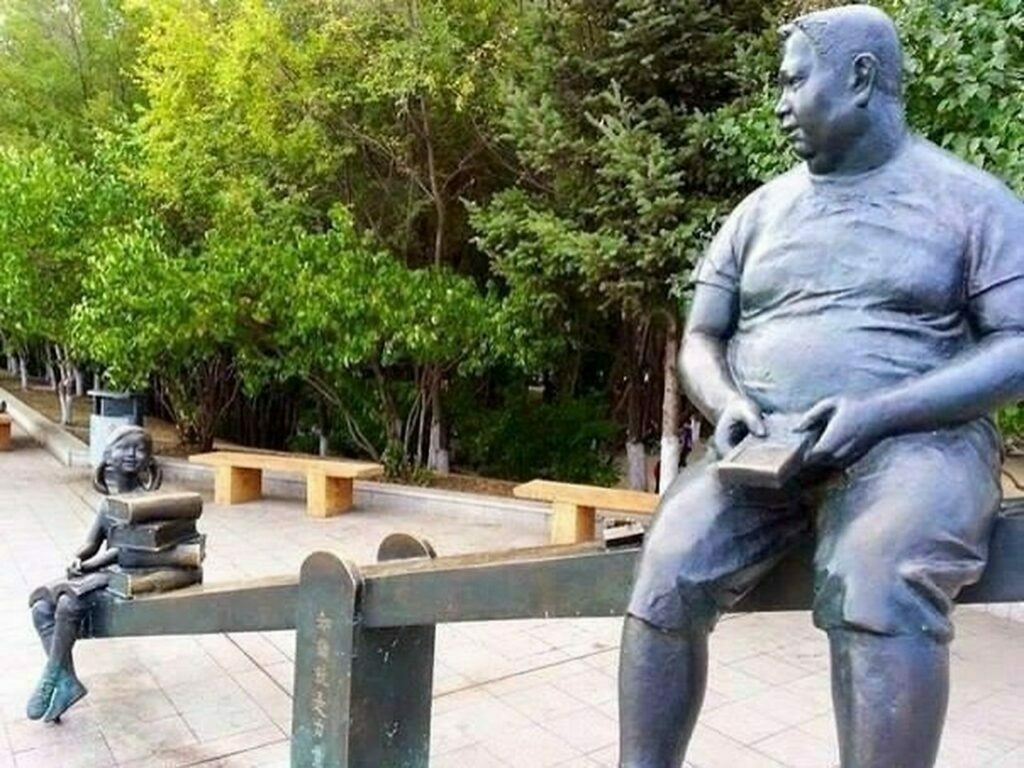Knowledge is power
A post by Ricardo Amorim on LinkedIn caught my attention this week. It features a picture of a statue in which a child and an adult are on a seesaw, with the adult being much larger in weight and height than the girl. However, it is the child, with a pile of books beside her, who is lifting the adult — who, by the way, appears to be holding a cellphone in his hands — up.

The statue, whose image in the post claims to be located in Japan, but in reality is located in Heine, Heilongjiang, China, bears the inscription “知識就是力量,” which translates to “knowledge is power.”
Regarding the fact that the man is holding a cellphone, although it seems too large to be a cellphone, there is the old reflection that “cellphones are great servants, but terrible masters,” meaning that we can use them to gain knowledge, but we need to use them with moderation.
But the real reason the image caught my attention was the message that the statue and its inscription convey. It is our knowledge that is primarily responsible for determining our importance — which, to me, is completely aligned with the premises of lifelong learning, since I believe that the continuous pursuit of learning results in an increasingly higher level of knowledge. And, as the inscription on the statue reproduces almost literally the famous quote by Francis Bacon in his work “Meditationes Sacrae” from 1597, “knowledge itself is power,” the idea of continually obtaining and, more importantly, sharing knowledge is the basis for building not only our importance but also our reputation and influence.